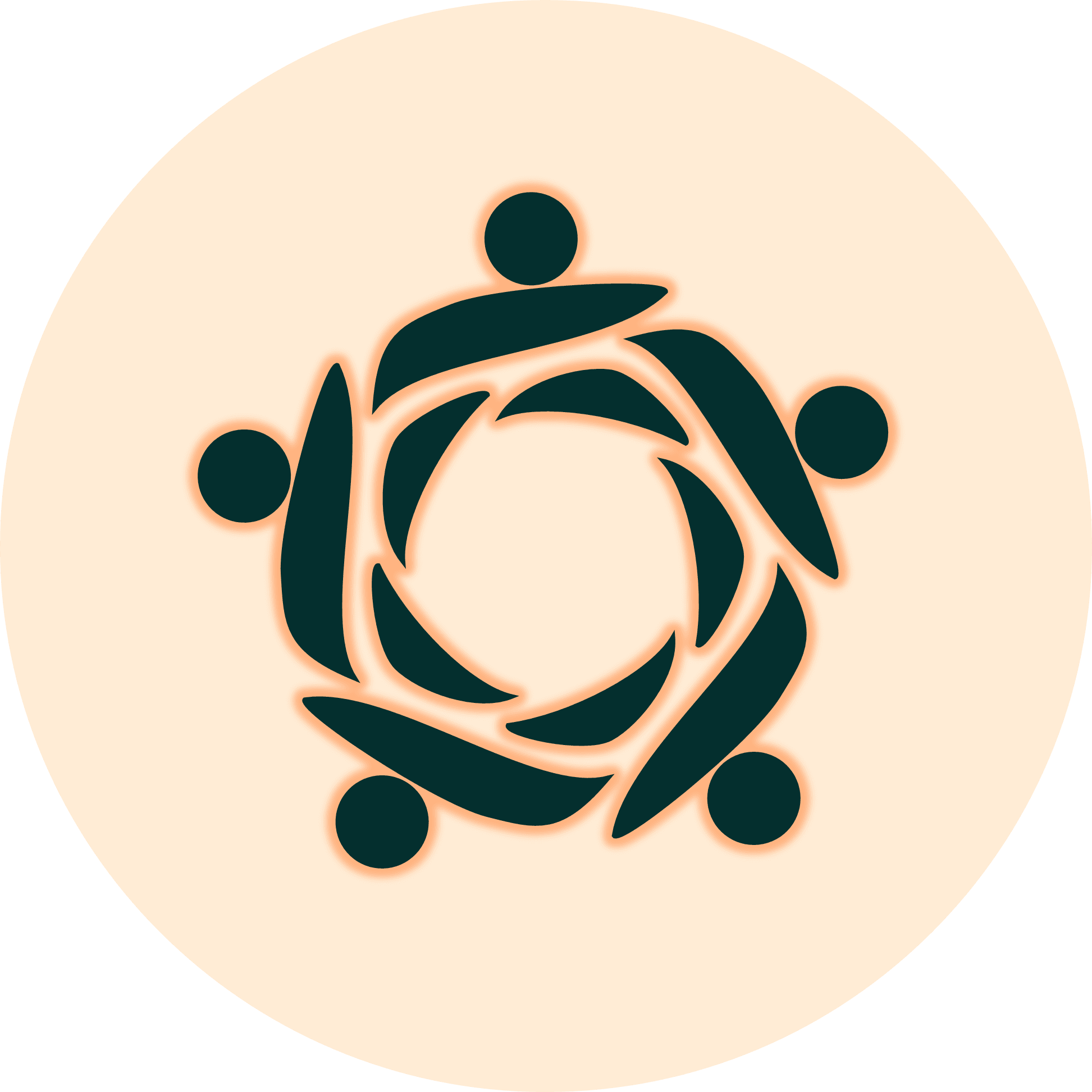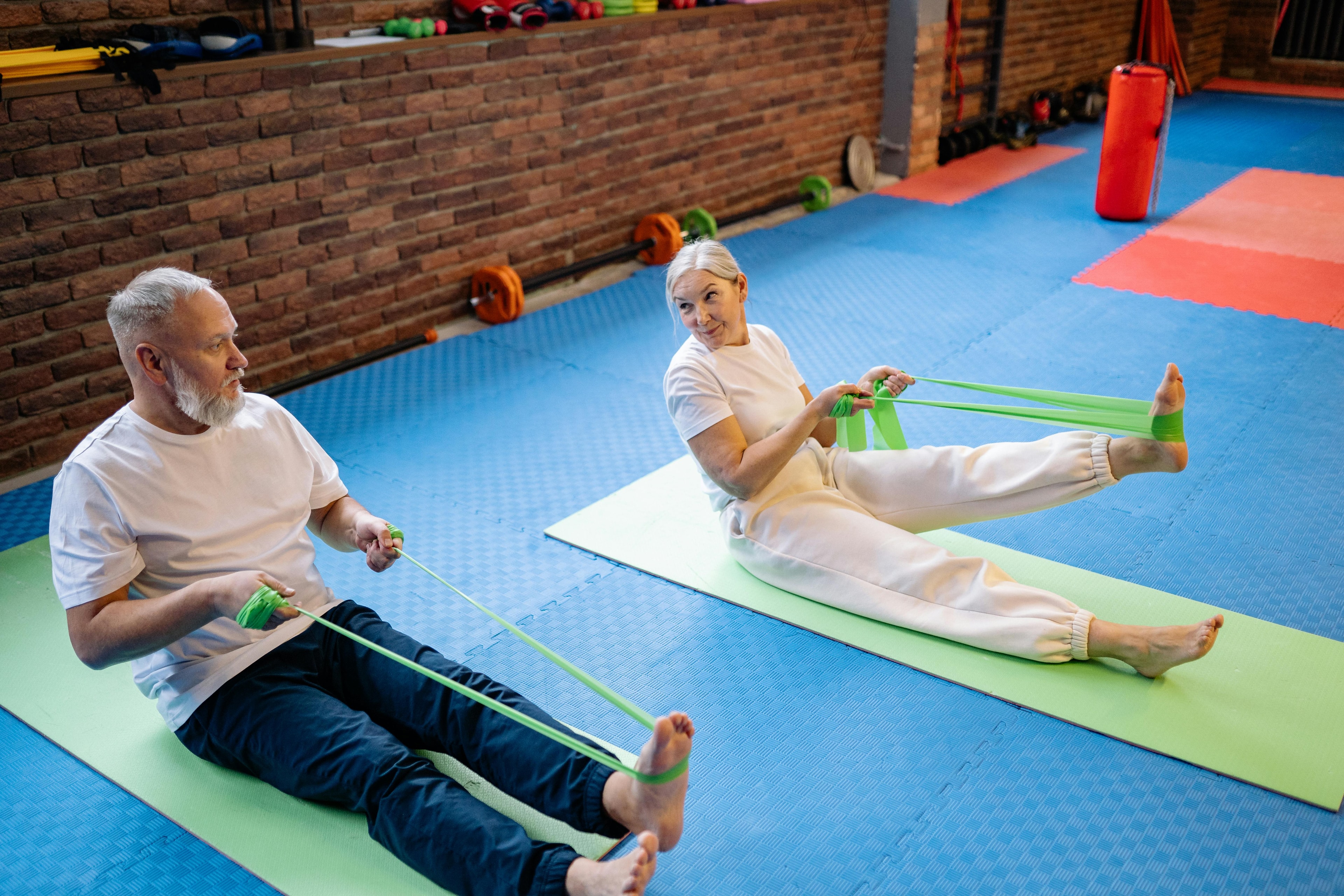Ligne directrice individuelle
Faites de la connexion sociale une priorité tout au long de votre vie
La connexion sociale est un besoin humain fondamental pour les personnes de tout âge, mais répondre à ce besoin exige souvent du temps, des efforts et de l’intentionnalité.
- Soyez attentif à la quantité et au type de connexions sociales que vous avez, et réfléchissez à savoir si elles répondent suffisamment à vos besoins sociaux.
- Même si les relations ne sont pas toujours simples, efforcez-vous de rechercher des connexions significatives, satisfaisantes et positives avec les autres.



Considérations supplémentaires
La solitude est la détresse émotionnelle et l'insatisfaction qui surgissent du fait de ne pas avoir les connexions sociales que l'on désire ; elle est distincte de l'isolement social, qui fait référence à un manque objectif de contact avec d'autres personnes. Comme la faim et la soif, la solitude peut être considérée comme un besoin humain fondamental, servant de signal qui nous motive à rechercher des interactions sociales. Lorsque nos besoins sociaux ne sont pas satisfaits, des conséquences sanitaires importantes surviennent. Le système nerveux du corps peut se mettre en état de dysrégulation, activant la réponse de lutte ou de fuite. Cet état d'alerte accru, connu sous le nom de vigilance sociale, rend les individus excessivement sensibles aux menaces et signaux sociaux. En conséquence, le stress chronique lié à une vigilance sociale prolongée active les systèmes de cortisol et de réactivité au stress du corps. Les niveaux élevés de cortisol, à long terme, perturbent nos fonctions corporelles normales, entraînant une cascade de problèmes de santé. Ceux-ci incluent un fonctionnement immunitaire altéré, un risque accru de maladies cardiaques et la détérioration de la santé mentale. En somme, il existe de fortes preuves que la solitude et l'isolement social sont des risques pour la santé.
Illustrant les risques de la solitude et de l'isolement social, des études montrent que les individus qui sont seuls ou isolés subissent des conséquences sanitaires profondes. En fait, la qualité de nos connexions avec les autres semble avoir un impact plus fort sur notre santé que de mener une vie inactive ou d’être obèse. Certaines estimations suggèrent même qu'une mauvaise vie sociale équivaut à fumer. Ainsi, nous devrions accorder à nos relations la même priorité que nous accordons à notre alimentation et à nos habitudes d'exercice. En effet, les humains sont des êtres sociaux, ce qui signifie que la connexion sociale est un préalable fondamental à notre fonctionnement sain.
Ressources supplémentaires

Un mouvement canadien qui favorise le bien-être social par des interactions en personne. Il vise à lutter contre l’isolement social et la solitude en encourageant les gens à renouer avec leurs communautés, tout en offrant des outils pour promouvoir des connexions sociales significatives.

Connecter : 100 façons de créer du bonheur dans votre vie
Un cahier d’exercices proposant des étapes concrètes pour renforcer les connexions sociales, le soutien social et l’inclusion. Convient à divers groupes, qu’il s’agisse d’individus, de familles, de communautés LGBTQ+ ou de populations mal desservies.

Vivre jusqu’à 100 ans : les secrets des zones bleues
Un documentaire Netflix qui explore le mode de vie des communautés où les gens vivent plus longtemps et en meilleure santé, en mettant l’accent sur l’importance des liens sociaux forts et des connexions communautaires pour le bien-être et la longévité.

Un documentaire suivant le sociologue Robert Putnam, qui examine le déclin des liens communautaires aux États-Unis et son impact sur la démocratie, tout en soulignant l’importance de l’engagement civique et du renforcement des liens communautaires.

Page thématique sur la connexion sociale des CDC
Aborde le rôle des connexions sociales dans la santé mentale et physique, en mettant l’accent sur l’importance des relations de soutien pour vivre plus longtemps et en meilleure santé. Explique également comment les communautés peuvent favoriser les liens sociaux pour renforcer la résilience.

L’effet village : Comment le contact en personne peut nous rendre plus sains et plus heureux
Un livre de Susan Pinker qui explore l’impact significatif des interactions sociales en personne sur la santé et le bonheur, en soulignant l’importance de maintenir des relations personnelles dans un monde de plus en plus numérique.

Social : Pourquoi notre cerveau est programmé pour se connecter
Un livre de Matthew D. Lieberman qui révèle comment notre cerveau est conçu pour s’épanouir dans des environnements sociaux, soulignant la nécessité des connexions sociales pour la survie et le bien-être humains.

La solitude : La nature humaine et le besoin de connexion sociale
Un livre de John T. Cacioppo et William Patrick qui examine les effets de la solitude sur la santé et propose des stratégies pour surmonter l’isolement en établissant des relations significatives.

Platonique : Comment la science de l’attachement peut vous aider à créer et à conserver des amitiés
Un livre de Marisa G. Franco qui offre des conseils pratiques pour nouer et entretenir des amitiés en s’appuyant sur la psychologie et la théorie de l’attachement.

L’art et la science de la connexion : Le lien manquant pour une vie plus saine
Un livre de Kasley Killam qui explore l’importance des connexions en personne et numériques pour la santé mentale, émotionnelle et physique, en plaidant pour la priorité aux liens sociaux.

Amis : Comprendre le pouvoir de nos relations les plus importantes
Un livre de Robin Dunbar qui explore la science de l’amitié, ses origines évolutives et son rôle dans la santé et le bien-être, tout en offrant des conseils pour cultiver des liens sociaux.

Ensemble : Le pouvoir réparateur de la connexion humaine dans un monde parfois solitaire
Un livre du Dr Vivek H. Murthy qui examine l’impact de la solitude et propose des stratégies pour favoriser des connexions plus profondes afin d’améliorer la santé et le bien-être.

